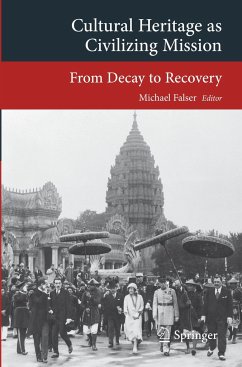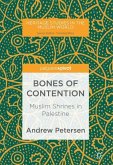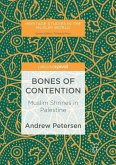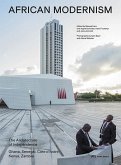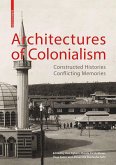This book investigates the role of cultural heritage as a constitutive dimension of different civilizing missions from the colonial era to the present. It includes case studies of the Habsburg Empire and German colonialism in Africa, Asian case studies of (post)colonial India and the Dutch East Indies/Indonesia, China and French Indochina, and a special discussion on 20th-century Cambodia and the temples of Angkor.
The themes examined range from architectural and intellectual history to historic preservation and restoration. Taken together, they offer an overview of historical processes spanning two centuries of institutional practices, wherein the concept of cultural heritage was appropriated both by political regimes and for UNESCO World Heritage agendas.
The themes examined range from architectural and intellectual history to historic preservation and restoration. Taken together, they offer an overview of historical processes spanning two centuries of institutional practices, wherein the concept of cultural heritage was appropriated both by political regimes and for UNESCO World Heritage agendas.

